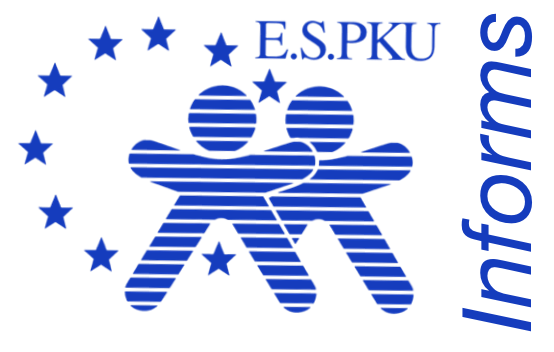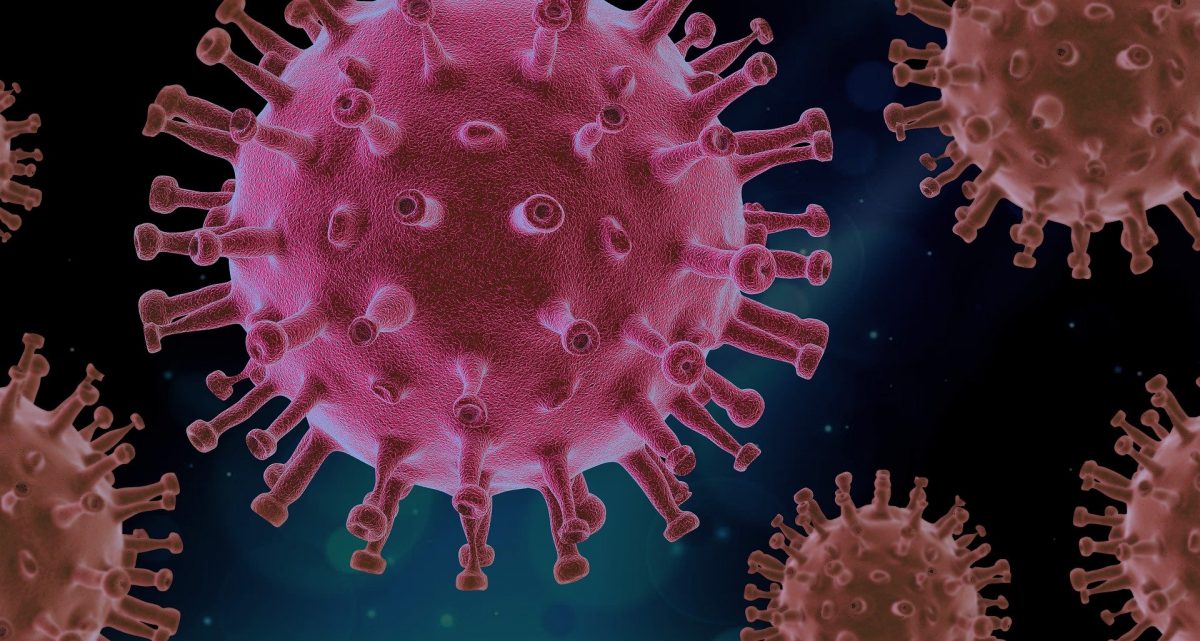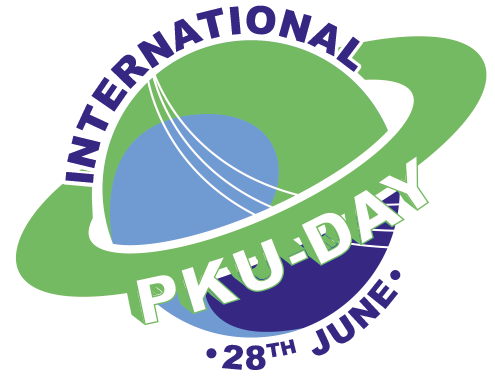Today, the European Society for Phenylketonuria and Allied Disorders Treated as Phenylketonuria is launching The PKU Life Stories campaign. As part of this initiative, interviews will be published featuring individuals with Phenylketonuria, parents of people with Phenylketonuria, as well as partners, spouses, and family members of those living with the condition. Each participant will share their story, providing insights into their lives and the impact PKU has had on them. The goal of this campaign is to showcase what life with Phenylketonuria looks like and explore the many ways it can unfold. The first interview that E.S.PKU will publish as part of …
UNMET MEDICAL NEED IN PHENYLKETONURIA (PKU)
Phenylketonuria (PKU) is a disease whose severity and burden remains poorly understood. There is a false perception that early diagnosis and a good standard of care have ‘solved’ the problem, and that all European patients have equal access to such care. PKU is a rare inherited genetic disorder resulting from a deficiency in the enzyme that metabolises the amino acid phenylalanine (Phe). If left untreated, PKU causes brain damage, severe developmental, psychological and psychiatric disorders in patients. PKU affects each patient differently throughout their lives depending on the severity of their disease, their age at diagnosis, the treatments they follow …
COVID-19 statement by E.S.PKU
Needs of Patients with rare disorders of protein metabolism must not be neglected! Currently, the main focus of all health systems is the global fight against Covid-19. However, the treatment requirements of patients with rare disorders of protein metabolism must not be neglected. Phenylketonuria (PKU) and other rare disorders of protein metabolism require early diagnoses and immediate treatment. If left untreated, PKU causes severe mental and physical retardation. Effects on other diseases, such as Tyrosinemia or Maple Syrup Urea Disease (MSUD), can be potentially fatal. Neonatal screening must continue for every baby born. This is essential for timely diagnoses and …
First winner of the Sheila Jones Award
Laura Petreuș is the first winner of the Sheila Jones Award. An patient advocate award launched by the E.S.PKU in 2017. You can learn more about the award on our dedicated page: Sheila Jones Award. Be sure to check back at a later time to view the award ceremony that took place at #ESPKU2018.
ESPKU calls for new born screening for every new born worldwide!
At the occasion of International #PKUDay 2018, ESPKU calls to implement and maintain newborn screening for all newborns around the world! 1) Agata Bak, Spain2) Duncan Noble-Nesbitt, United Kingdom3) Sanja Peric, Croatia4) Kate Hall (ISNS), UK 5) Laura Momme, Denmark6) Malgorzata Henek, Poland7) Paul van Berkel, The Netherlands8) Tobias S. Hagedorn, Germany
Application deadline for hosting the 2018 ESPKU Annual Conference expired (Updated)
Following the decision of the 2017 ESPKU General Meeting in Hell (Norway), the ESPKU legal members had the opportunity to apply for hosting the 2018 ESPKU Annual Conference until October 31st, 2017. Several applications and proposals have been submitted and will now be evaluated by the ESPKU Executive Board. The final decision will be announced before December 1st, 2017. After careful deliberation the ESPKU Board have awarded the 2018 Conference to Italy. Further details on location and date to follow
Situation of refugee rare metabolic disorder patients (Updated)
According to UNHCR data, currently there are more than 65.000.000 people fleeing from war, conflicts and persecution, as much as never before in history. About 20.000.000 people left their native countries and seek shelter abroad, most of them in Europe. It is a matter of fact that there are a significant number of people amongst these refugees, who suffer from any diagnosed or even undiagnosed rare disease, such as Phenylketonuria (PKU) or other treatable metabolic disorders. All signatory states of the Convention of the United Nations on the rights of persons with disabilities are committed “to take all necessary measures …
European PKU Guidelines Published
With their benchmark report in 2012, the European patient organization E.S.PKU has identified significant inconsistencies in PKU treatment and access to care in Europe, and called for uniform guidelines. Coordinated by the Chairman of the Scientific Advisory Committee of the E.S.PKU, since then a group of renowned metabolic experts independently developed 70 statements based on available evidence and taking into account nearly 500 scientific publications. Prof. van Spronsen stated: “Remaining within national frameworks is now outdated practice.” At the beginning of 2017 the ten key statements of the European guidelines were already published in Lancet Diabetes, Endocrinology and Metabolism. With …
The forgotten children
A touching documentary by the German Association for Phenylketonuria and allied inherited disorders (DIG PKU) calls attention to the fate of late diagnosed and untreated patients Phenylketonuria (PKU) is a rare, inherited disorder of protein metabolism. Patients are unable to metabolise the amino acid phenylalanine. Early diagnosed by newborn screening and treated with a low protein diet and an amino acid substitution, patients can develop normally and live their life to the full. In untreated patients, high phenylalanine-levels in the brain cause severe impairments to mental and physical development. Neurological abnormalities such as hyperactivity, aggressiveness and lack of concentration, fitting …
PKU Day Website launched
We are happy to announce the launch of the new PKUDay.org website. PKU Day is coming up June 28th. For this year we have planned some special events and hope that everybody will take part in. Spreading the word about Phenylketonuria (PKU) is important. International PKU Day gives us the chance to promote PKU and make it known better. Please help by sharing the website and social media accounts of International PKU Day. The biggest event for this year will be the “Robert Guthrie Memorial Dinner”. Read all about it on the PKUDay Website.
- Page 1 of 2
- 1
- 2








